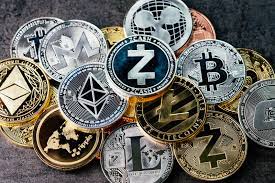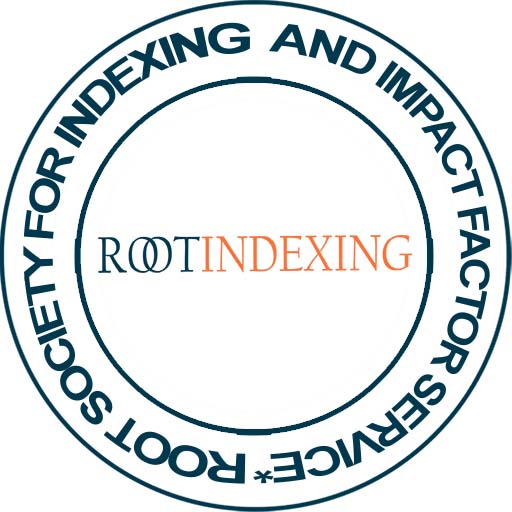DIGITAL CURRENCY (CRYPTOCURRENCY) ACCORDING TO ISLAMIC PERSPECTIVE
DOI:
https://doi.org/10.5281/zenodo.7742438Keywords:
Cryptocurrency, digitalization, digital currency, official currency, Islamic viewAbstract
This study aims to determine the role of Digital Currency according to Islam. According to the legal instructions of Islam, digital currency lacks properties like that of a physical or financial asset such as Gold or Local Currency backed up by a country’s government. Now that the world is progressing towards digitalization, Governments and International businesses have started to experience and work with Digital Currencies, which needs an Islamic perspective as physical currency has started to transform into Digital Currency. Centralized form of currency like banks are old compared to Decentralized currency and trade which is new and has its own pros and cons. Currency in historical background of Islam has always been a physical medium of exchange having a source of value. Similarly, Mal is something that can be stored for the time of necessity or utilized for humanity, Mal in the form of a metal has transformed into Cash backed up by precious metals considered as assets in this modern age which is according to the teachings of Quran and Islamic law. Digital Currency in the History of Islam is new and does not meet the requirements of “currency” in Islam due to which Scholars has declared it Haram according to the rules of Shariah. Digital Currency being Haram is still up for debate as some Scholars have declared it Halal in some cases with strict conditions in light of Islamic Laws. Digital Currency in Islam remains an issue of debate.
References
Tyson Brown, Digital Currency, National Geographic Society, June 2, 2022.
“Centralized vs. Decentralized Crypto Exchanges | Berdon LLP,” accessed March 8, 2023, https://berdon.com/cryptocurrency-the-pros-and-cons-of-centralized-vs-decentralized-exchanges/.
Mansour Zarra-Nezhad, “A Brief History of Money in Islam and Estimating the Value of Dirham and Dinar,” Research on Islamic Economics 8, no. 02 (2004): 21–65.
Muhammad Abu Bakar, Shariah Analysis of Bitcoin, Cryptocurrency and block chain. Blossom Finance, p 9.
Quran, Surah Al Imran, 3: 75
Quran, Surah Yousaf, 12: 20
Fahad Ahmad Qureshi, History of Money in Islam: Estimating the value of Classical Dinar, Linkedin, Oct 23, 2017.
“History of Cryptocurrencies (How Everything Started),” accessed March 8, 2023, https://www.analyticsinsight.net/history-of-cryptocurrencies-how-everything-started/.
“Is Cryptocurrency Halal? Top Islamic Finance Experts Sound Off,” accessed March 8, 2023, https://www.sarwa.co/blog/is-cryptocurrency-halal.
Ibid, pg.no 6.
Muhammad Abu Bakar, Shariah Analysis of Bitcoin, Cryptocurrency and block chain, pg.no 12.
“Is Cryptocurrency Halal? Top Islamic Finance Experts Sound Off.”
Ibid
Quran,Surah Al Imran, 3:7
Bukhari, Muhammad Bin Ismael, Al Jamia Al Sanan Al Sahih Al mukhtasir min Amur Rasoolullah wa Sanana wa Ayama (Sahih Bukhari), Kitab ul Eman, baab fadhl e man astabar ad-dunya, Hadith no.52.

Downloads
Published
How to Cite
License
Copyright (c) 2023 AL MISBAH RESEARCH JOURNAL

This work is licensed under a Creative Commons Attribution 4.0 International License.
AL-MISBAH Research Journal is full open access and licensed under Creative Commons Attribution 4.0 International License; and Published by: Research Institute of Culture & Ideology (REINCI), Islamabad, Pakistan. This allows the research community and the general public to gain unlimited, free and immediate access to scholarly articles, and to reuse the content freely provided that proper attribution is given to the original authors.









